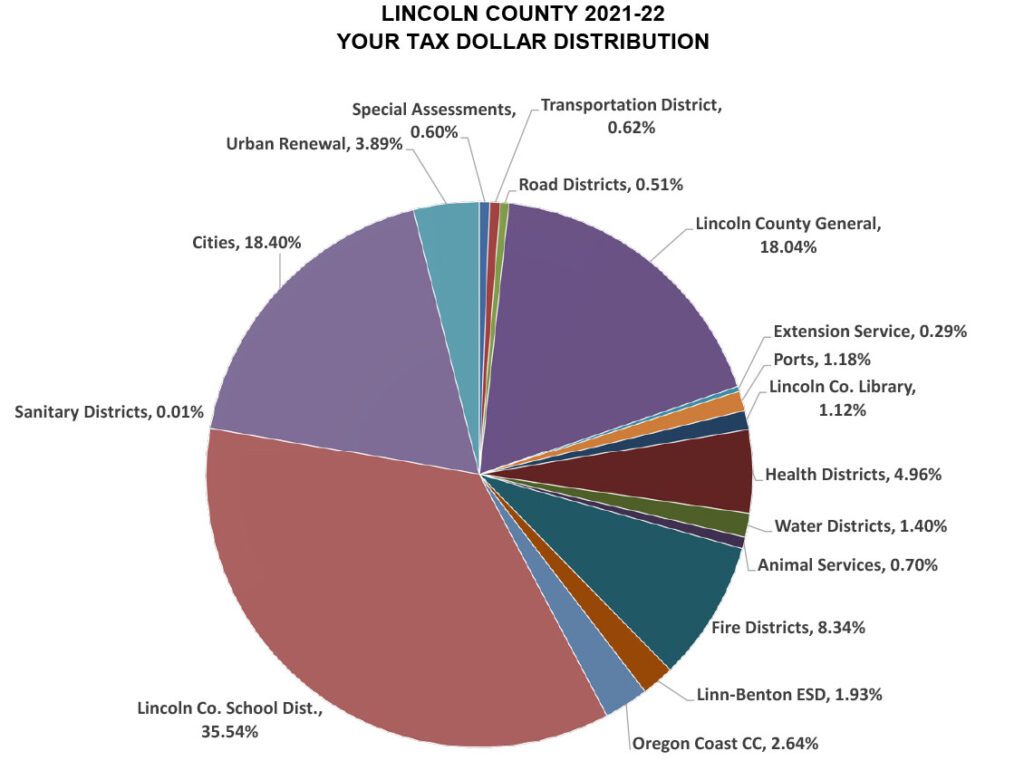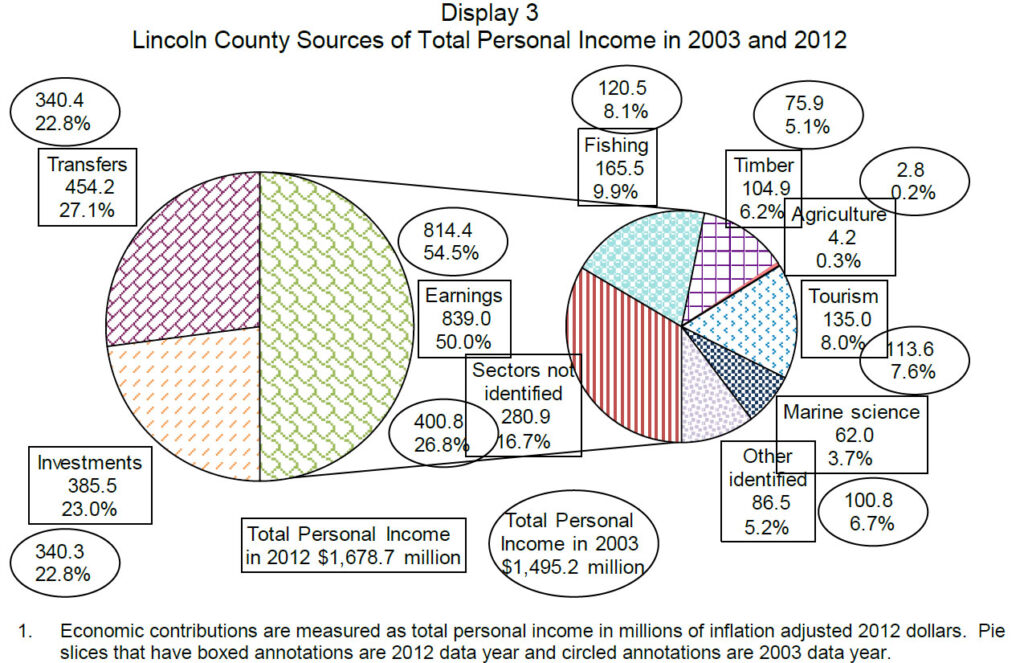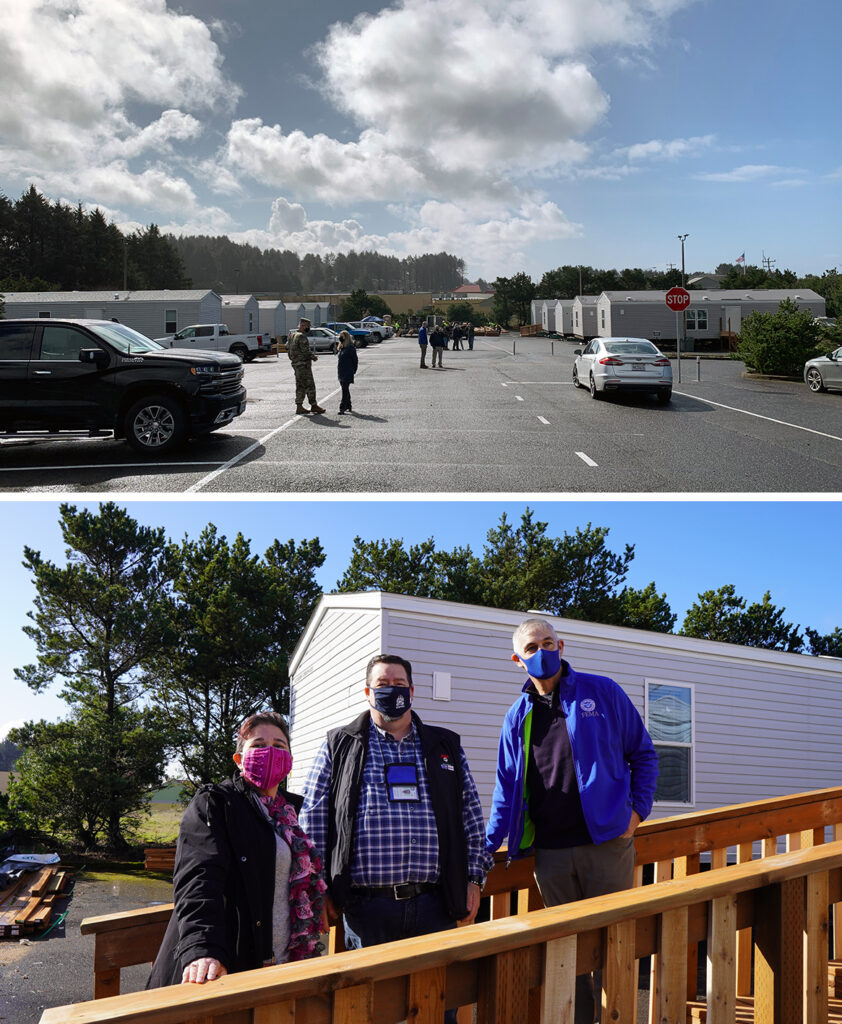I am holding a virtual business leader discussion – Sunday, February 27th at 4PM. Details…
Communities evolve over time. Hopefully, for the better. My grandmother told the story of how her family traveled by boat to Toledo with the incoming tide. That was their transportation at the time. She recalled when the County dropped off telephone poles at the end of their road (on the Bay Rd.) for electricity. They buried them. One after another so the wire could reach their farm. Within her story are the threads of economic development. A County Commissioner serves as a conduit for the people. Together we write the next narratives of how County Government serves our community.
County Government fundamentally facilitates Economic Development.
A County Commissioner has great responsibility to the community for Economic Development. Defined as: the creation, growth and retention of Lincoln County businesses by our Economic Development Alliance – economic development (while meaning different things to different people) is arguably more than a jobs program, it’s an investment in growing our economy and enhancing the prosperity and quality of life for all residents. How can a commissioner create, support and retain policy that supports economic development as defined? I argue that it is a mosaic, a community tapestry of organizations functioning together. Our organization provides many fundamental services that are the backbone to economic development occurring all over our county. County government is fundamentally an economic development facilitator. As a County Commissioner (if elected) my responsibility is to deliver a balanced budget and maintain the continuity of essential county services into the future. Additionally, it is my responsibility to echo the needs of our community into the many governing bodies that simulate and support workforce development, transportation and various programs that impact the maintenance and growth of society.
County as Employer, Provider of Services and Infrastructure
- As an employer we provide living wages for hundreds of employees. We are also one of the County’s largest employers. Ideally, these are not just jobs but careers. When we create a new job description it should fit into a budgetary and service framework that will be sustainable. Our jobs should also be equitable by comparison to other positions within our organization.
- The services we provide are the glue that binds other processes. Our services literally facilitate economic development. Imagine goods and services being transported in a lawless society. Public safety is essential. We provide health services to heal individuals and families when they are sick, hurt or struggling with mental health. We provide the permanent recordation of documents, deeds, and surveys, needed for the verification and transaction of business and revenue. We provide the assessment and taxation of property to acquire funds for ourselves and direct these funds to other units of government. We approve the building plans that ensure structures are safe and habitable. We allow for the delegation of authority as needed to other jurisdictions during catastrophic events. The list goes on…
- We provide hard infrastructure – primarily roads. The county road system serves three main functions: (1) access to large public and private timber tracts (2) access to commerce and industry (3) link areas of population as a secondary system to the state highway system. The Lincoln County Road Department maintains approximately 335 miles of paved and graveled roads throughout the county.
- County Commissioners hold public hearings on land use matters; adopt ordinances on zoning and planning; hear appeals and decisions.
Our services should be equitable, professional and sustainably minded. When we consider adding new services we need to ensure that they are relevant and feasible. Every year we balance our budget. A commissioner must maintain this continuity. Lincoln County’s missions is to “provide essential public services, both legally required and locally desired, in an efficient, effective, and respectful manner.”

County Government Provides Direct Funding for Economic Development Objectives
County Government provides both direct funding and administers pass through funds to other organizations for the intended purpose of economic development.
- We provide funding to the Small Business Development Center at Oregon Coast Community College. Fantastic program for helping educate and develop small businesses. When individuals play State Lottery machines a portion of these funds are deposited into our general fund and distributed to SBDC. These funds are also used for the County’s Community and Economic Development Grant Fund. Historically, over 1 million dollars have been awarded to local organizations that demonstrate valid need for infrastructure improvements that will serve their growth and our community.
- For several years the county commission supported RAIN – Regional Accelerator Innovation Network. RAIN deploys support services to build entrepreneurial infrastructure and entrepreneurial ecosystems (venture catalysts). The County decided to end funding until our local cities match funding. I would like to see this program come back to the County but agree that interjurisdictional cooperation would be helpful.
- Historically, the county has financially supported the Economic Development Alliance of Lincoln County. The (EDALC) is an Oregon 501(c)(6) nonprofit organization, governed by a local Board of Directors. The County also uses transient room taxes to fund the EDALC, the Oregon Coast Aquarium and County Commons. However, with the passing of Measure 21-203 and the 5-year phase out of STRs this funding has an uncertain future.
- We create/support jobs by funding “tourism promotion” with transient room taxes. Some funding was previously allocated to COCA. The Central Oregon Coast Association – which promoted tourism. The association was dissolved and for the last three years allocated TRT dollars are distributed to local Chambers of Commerce for operational expenses. Again, the passing of measure is creating an uncertain future with an expected decrease in collected TRT revenues.
- The county will receive funding from The Coronavirus State and Local Fiscal Recovery Funds (SLFRF) program, a part of the American Rescue Plan, delivering $350 billion to state, local, and Tribal governments across the country to support their response to and recovery from the COVID-19 public health emergency. How will be allocate and distribute these dollars? This is “in process”.

Commissioners are Decision Makers on Many Governing Boards that Impact Economic Development
If elected I will continue to participate on the various organizational bodies that help shape and advise how the Feds, State and other public administrative agencies provide funding and projects at the regional and local level.
- County Commissioner serves on the Cascades West Area Commission on Transportation. (CWACT) provides a forum for local governments to collaborate on local, regional, and State transportation issues in the Benton, Lincoln, and Linn County Region.
- County Commissioner serves on the Oregon Workforce Talent and Development Board. (WTDB) is the overall advisory board to the Governor on workforce matters, including developing a strategic plan for Oregon’s Workforce Development System.
- County Commissioner serves on the Oregon Cascades West Council of Governments. (OCWCOG) manages a variety of local, State, and Federal programs to serve residents, local governments, and businesses in our tri-County Region. OCWCOG is recognized by the State as an Area Commission on Transportation (ACT) and a Type B Medicaid Transfer Agency. Additionally, the association is recognized by the Federal Government as an Area Agency on Aging (AAA), an Economic Development District (EDD), a U.S. Small Business Administration (SBA) Revolving Loan Fund Coordinator, a U.S. Department of Agriculture Revolving Loan Agency.
- County Commissioner serves on Regional Solutions – South Valley/Mid Coast Region Coordinator (Benton, Lane, Lincoln, and Linn Counties) Regional Solutions focuses on strategic, targeted, and equitable workforce development investments. The Governor’s Future Ready Oregon 2022 proposal aims to fund training and apprenticeship programs that will give all Oregonians — including BIPOC, women, low-income, and rural Oregonians — meaningful opportunities in key growth sectors such as health care, manufacturing, and construction.
- County Commissioner serves on Northwest Oregon Workforce Consortium providing guidance to Northwest Oregon Works. This is one of nine local workforce areas supporting locally driven decisions and programs. NOW invests federal funds into individual career/business development and bridges business and prospective employees. Ultimately placing individuals in trainings, programs and permanent career paths.
- County Commissioner serves on Community Services Consortium governing board. CSC helps people in Linn, Benton and Lincoln counties to access tools and resources to overcome poverty and build more stable futures. Mission is ending poverty in Linn, Benton and Lincoln counties. CSC provides a wide variety of wrap-around services to meet basic needs and help build stability Housing, utility assistance, food, weatherization, pre-school (Head Start) workforce education and more.
County Commissioners Advocate Directly to the Sate Legislature for our Community’s Needs
Recent example. The Oregon Legislature approved more than $600 million to support communities impacted by the September 2020 wildfires, mitigate the effects of future wildfires, and increase community resiliency. Commissioner Jacobson was a strong advocate for our community during legislative hearings (House Special Committee on Wildfire Recovery) and with legislative staff to help direct these funds into action at a local level. Her Septic & Water System Repair Assistance Program has provided financial help Available Now To Inspect and Repair These Crucial Systems For survivors Of The 2020 Echo Mountain Fire. She has secured over $500,000 to directly repair road infrastructure. I have personally observed her tirelessly fight day after day to bring these dollars to North County.
Commissioner Jacobson and myself recently provided a regional report on the progress and ongoing challenges in wildfire-affected areas. County government provides a voice. Chairman Evans said “you really are the bedrock that the committee has relied on for intel and insight on local needs. Thanks for continuing to play that role.”

County Commissioners meet with city, state and federal government officials concerning matters of coordination, cooperation policy matters for the purpose of agreements relating to land water uses, and other city, state, and federal cooperative projects. (literally – in the job description of commissioner)
In the aftermath of Echo Mountain Fire county commissioners and staff continue to meet with FEMA, DHS, ODOT for the continued advocacy and coordination of resources to the fire effected community. These are these are unseen meetings and phone calls that happen daily for a commissioner.
County Government by it’s very nature is constantly providing oil to the mechanisms that make up our economic machinery.
Economic development is defined by Wikipedia as “the process by which a nation improves the economic, political, and social well-being of its people.” When I say the county has a role in a “thriving community” economic development is intertwined in this concept. A commissioner’s first priority is to maintain the county’s continuity of services. Additionally, a commissioner should advocate for our community by participating in the web of organizations that seek to further our stability and growth.




